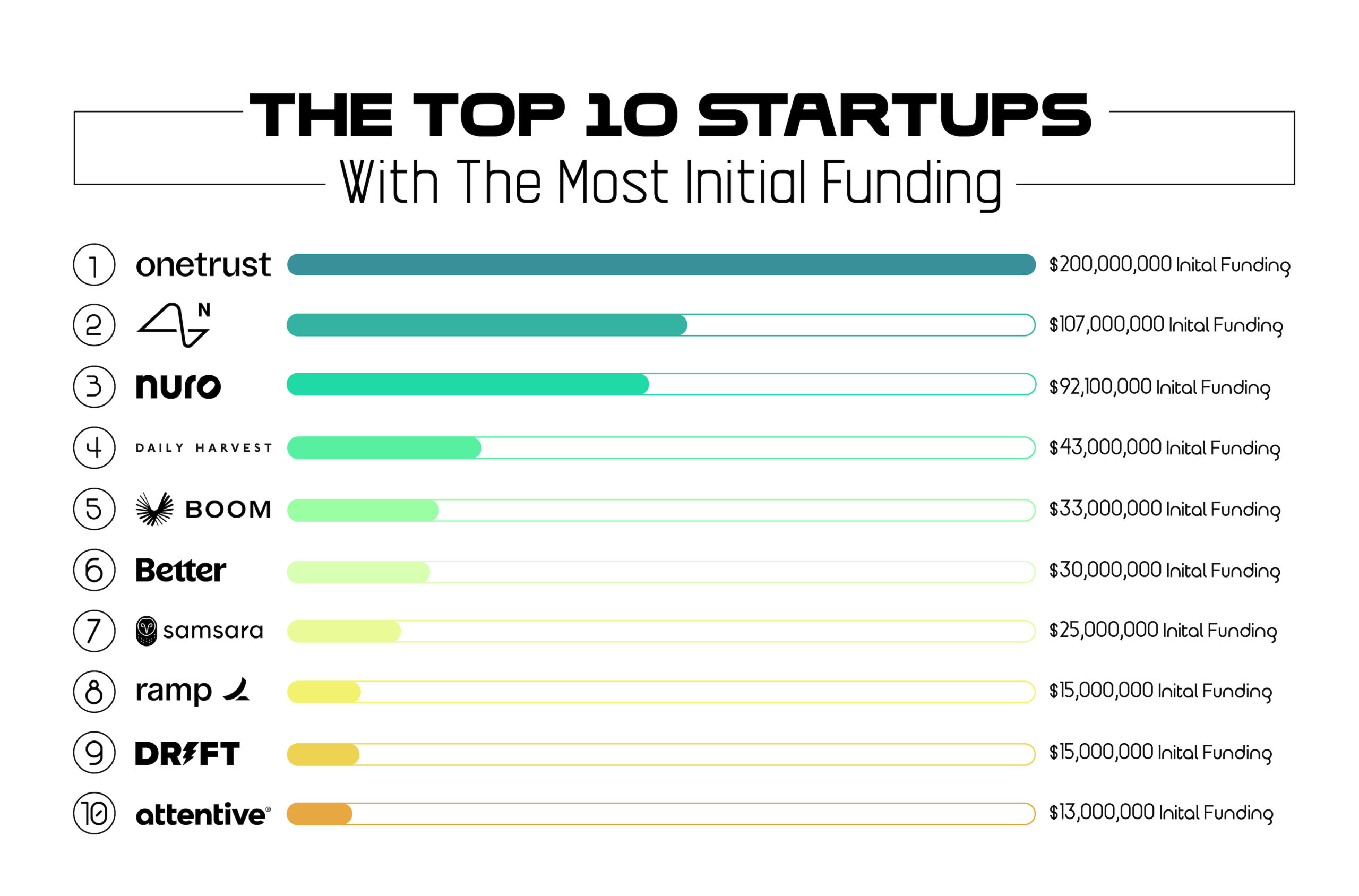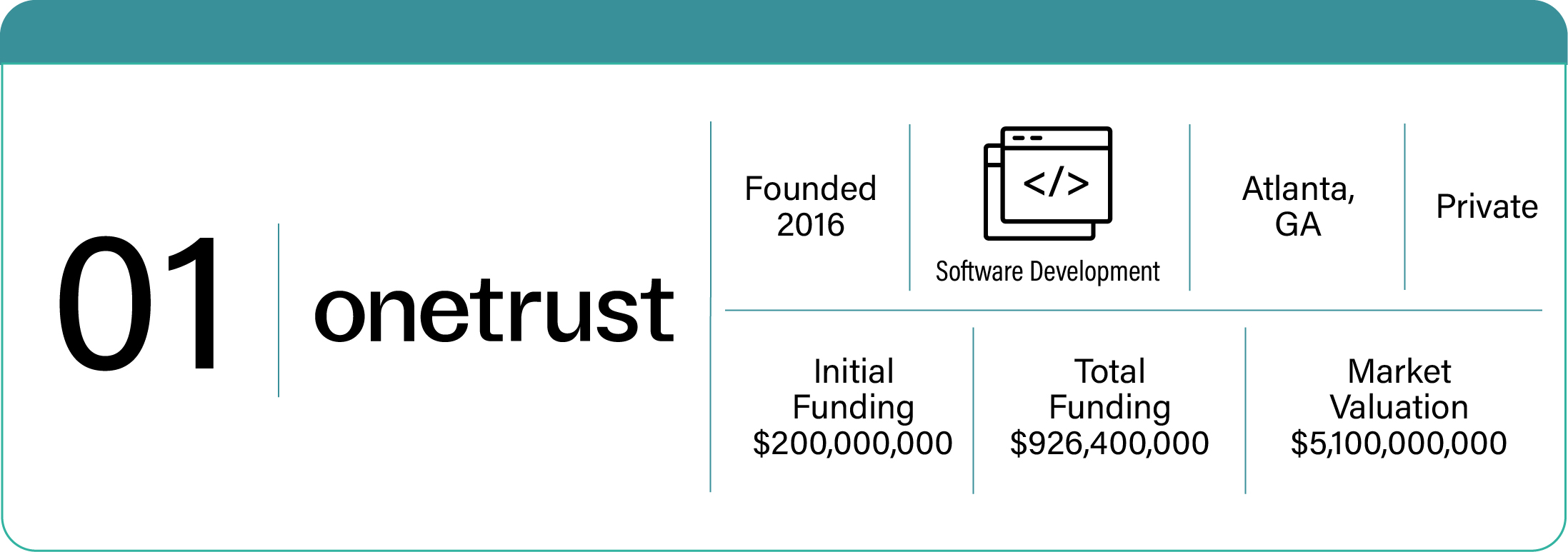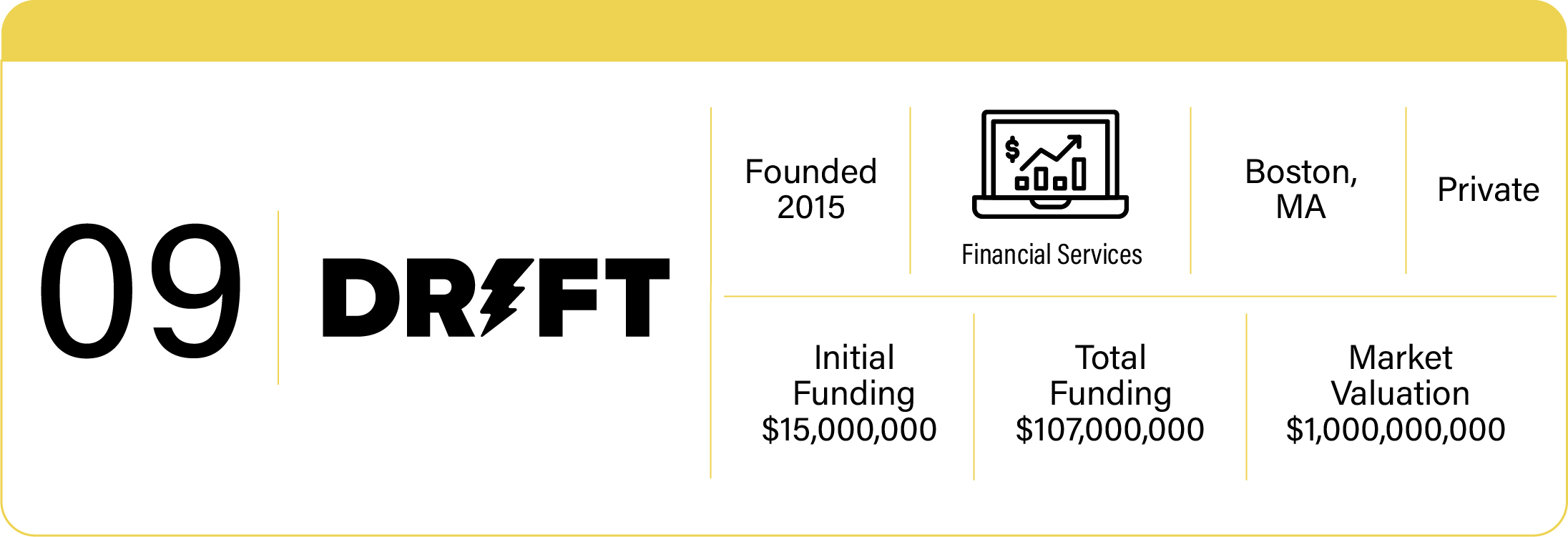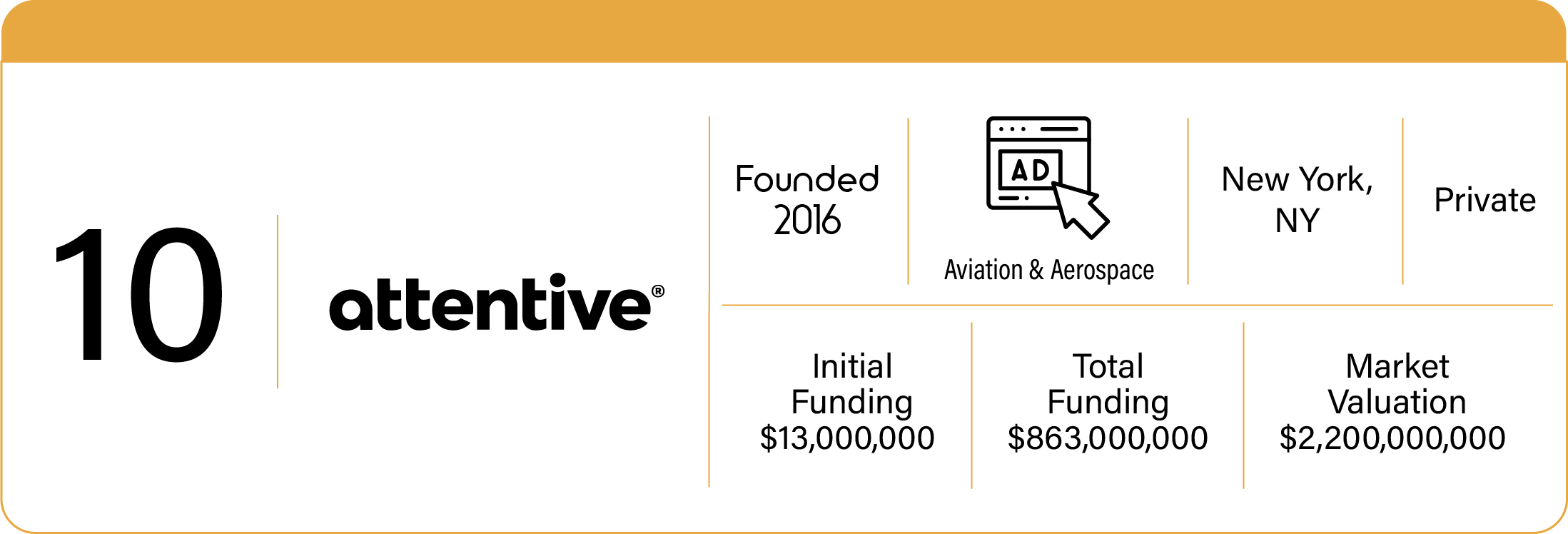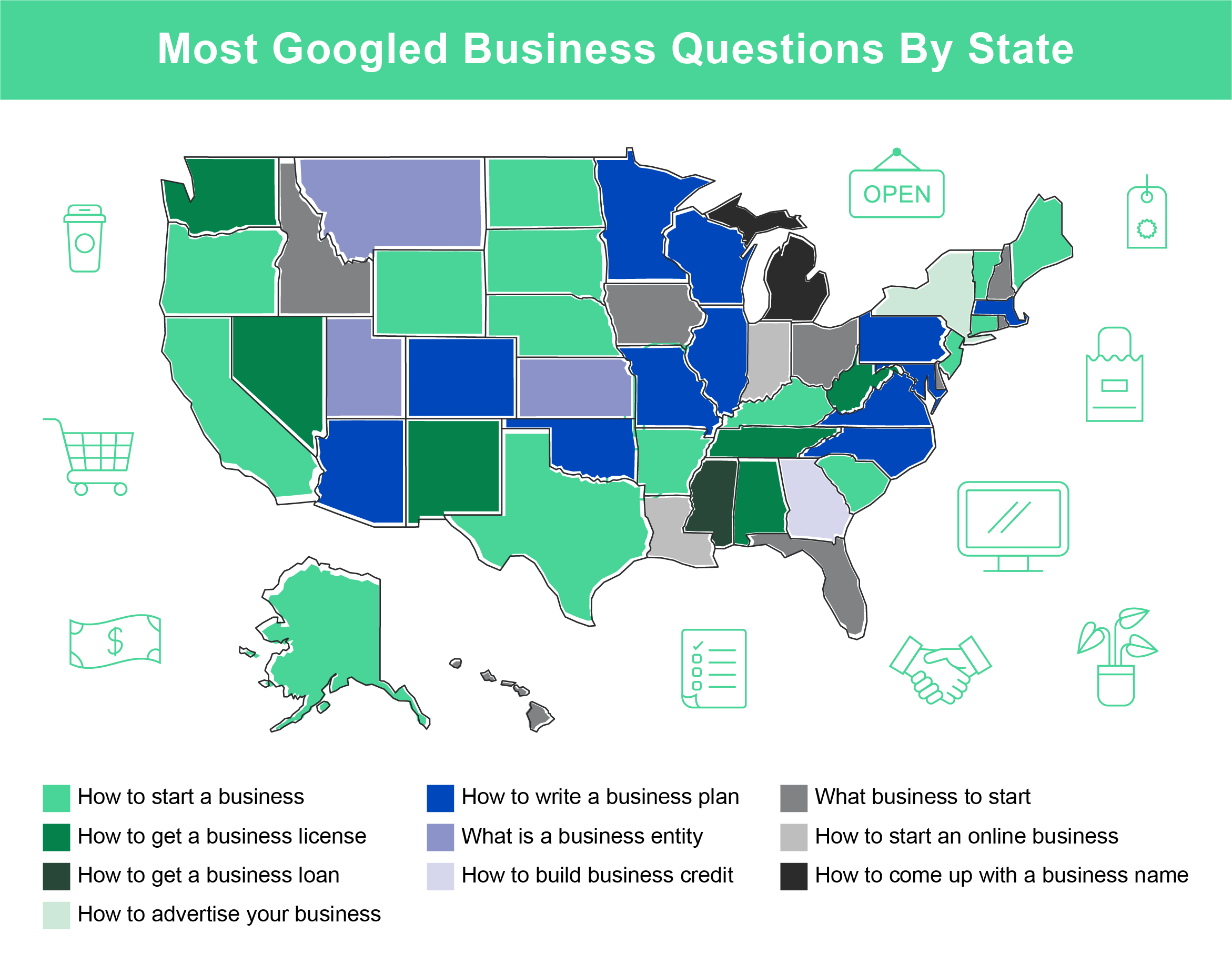Remote work has become increasingly common over the last couple of years, leaving many wondering whether residential or business internet is best for their home office.
From team conference calls to surfing the web for leisure, a strong internet connection is more important than ever. Whether you’re an employee or a small business owner working out of a home office, here’s all you need to know about choosing the right internet plan.
Residential vs. business internet features

Both residential and business internet provide a steady connection. However, plans, price points, and speed can vary significantly between the two. Understanding the difference in features such as speed, IP address, bandwidth, and customer service will help you decide which internet connection is best for you.
What is a good internet speed for business?
A business needs at least 25 Mbps of download speed and 3 Mbps of upload speed to complete daily operations such as video conferences, sending emails, and sharing files. Depending on the size of your business, you may need a faster connection. Compared to residential internet speeds, which typically range from 1 Mbps to 1 Gbps, business internet speeds range from 5 Mbps to 1 Gig.
IP address
Many residential internet plans operate with a dynamic IP address, meaning the IP address could change at the spur of a moment. This is less than ideal if you’re relying on your internet connection for business purposes.
Typically, business internet operates on a static IP address that does not change. Static IPs are most commonly used for permanent addresses, like business headquarters, and stay the same until the device is decommissioned or service requirements change. Benefits include easy remote access, more reliable communication, and better server hosting.
Bandwidth
Unlike speed, which it’s commonly confused with, bandwidth measures the maximum amount of data that can be sent at a set time on a network. Think of speed as a track runner and bandwidth as the lanes on the track. If there are 10 data runners, but only 2 lanes, the data will have a lot more trouble passing through than it will with 5 lanes.
Since businesses require a greater level of network reliability, a dedicated bandwidth allocation is vital for operations. That’s why business internet plans come equipped with greater bandwidth than residential plans. The amount of bandwidth your business needs depends largely on the number of employees and devices that will connect to the network.
Customer service
Residential customers do not have a customer support team solely focused on answering their questions and concerns.
Most business internet plans, like CenturyLink Business Internet, come with personalized customer support. This saves valuable time and ensures your business internet can operate at full capacity to not hinder business operations.
Making the switch
Switching from residential internet service to a business internet plan with CenturyLink is simple. Check to see if business internet is available in your area. Click here.
Can I use residential internet for business?
While it is possible, we do not recommend using residential internet in place of business internet.
What is considered business internet?
Simply put, business internet is an internet service with features designed for the needs of business owners and their employees.
Do I need high-speed internet to work from home?
Determining the speed of the internet you will need while working from home depends on how many devices will be connected and what tasks they’ll perform.
To find a plan that works for you call 1-833-467-1629.
What internet do offices use?
Most office buildings use business internet for daily operations.

